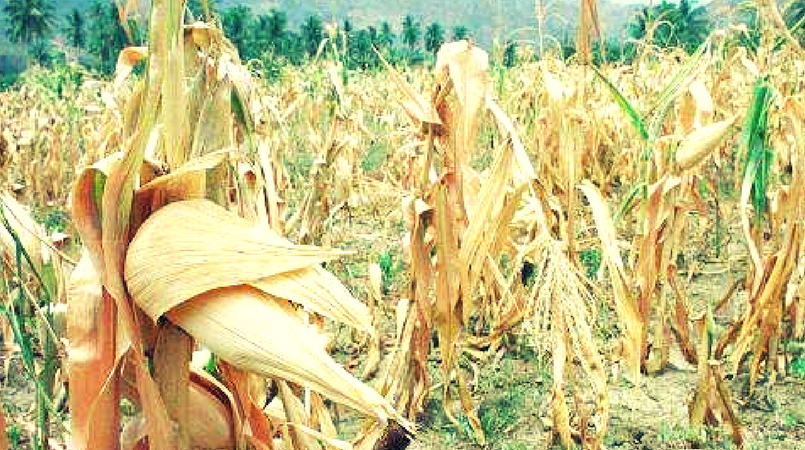
Water sanitation and food security are critical issues to address as Papua New Guinea prepares for a potential El Nino event in August 2017.
Several global and regional climate agencies have predicted a potential occurrence of El Nino in the second half of 2017, which could bring drier than normal conditions to PNG.
Acting Director for the National Disaster Committee and co-chair of the PNG Disaster Management Team, Martin Mose, said during a workshop on El Nino preparedness that PNG has to plan properly for risk management and mitigation actions.
Mose said the country has to pay attention and identify the critical sectors that will be impacted, such as water and food security.
Such immediate actions are likely to include re-enforcing existing source of water and strengthening of current food production system.
Mose encouraged participants from the provincial and district level to use this opportunity to connect with development partners working in the provinces.
“Provinces and districts are at the frontline of dealing with disasters and these partners have demonstrated their commitment in dealing with El Nino early action,” he stated.
“There will be very real challenges in preparing for El Nino in highly remote communities; the risk is very real and we must work together.
“Despite these challenges what is most encouraging is the commitment of partners to work together and support climate efforts,” Mose said.
He added that over the last two years, the Disaster Management Team has grown from strength to strength and in the last El Nino, the DMT was instrumental in supporting government response effort.
Mose stressed that with such a growing partnership between the government and its partners, PNG can surely address the risks.
